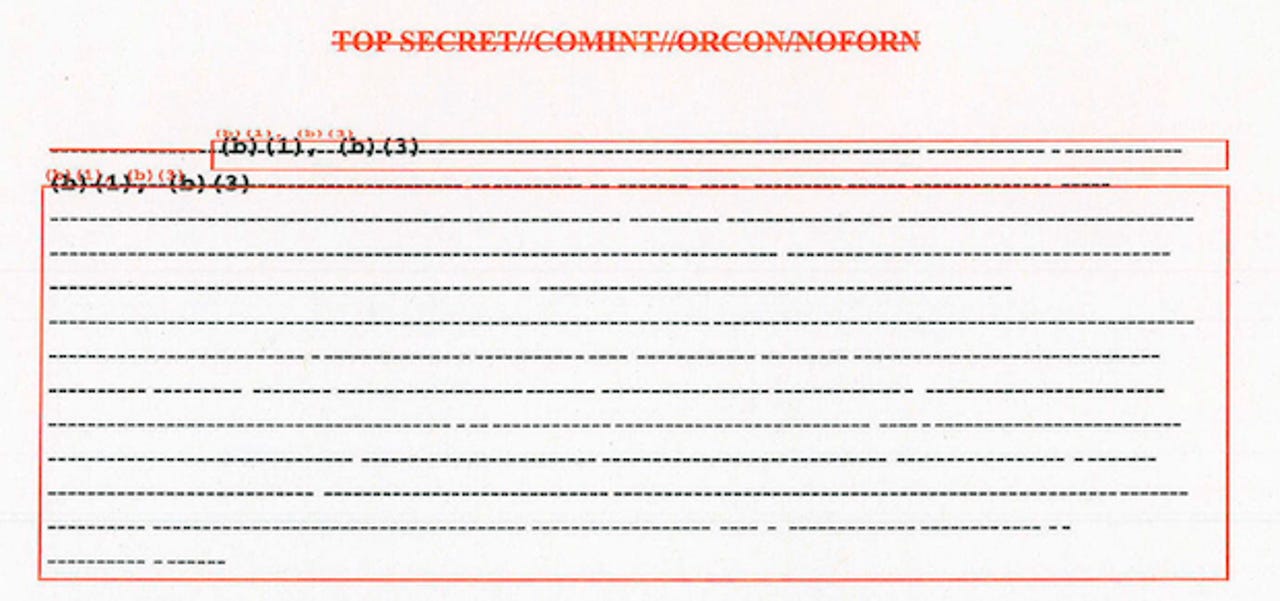U.S. Senators: 'No evidence' that NSA metadata collection is useful


Three skeptical senators aren't buying the U.S. National Security Agency's claims that the bulk metadata program helps prevent terrorism.
Sen. Ron Wyden (D-OR) and Sen. Mark Udall (D-CO), along with Martin Heinrich (D-NM) have filed a new amicus brief filed on Tuesday claiming that they have "seen no evidence" that the NSA's efforts to acquire vast amounts of global user metadata could not have been acquired through "less intrusive means."
Wyden and Udall, who have an intimate knowledge of the U.S. government surveillance machine by sitting on the U.S. Senate Intelligence Committee, said in the brief that they have, "reviewed this surveillance extensively and have seen no evidence that the bulk collection of Americans' phone records has provided any intelligence of value that could not have been gathered through less intrusive means."
It backs up claims in the case, First Unitarian Church vs. NSA, which challenges the U.S.' collection of phone call and Internet communication information, under claims it violates the First and Fourth Amendments to free speech and protection from unwarranted searches respectively, and the Fifth Amendment of protection against self-incrimination.
Wyden and Udall, who were at the forefront of the U.S. government surveillance disclosures before the Edward Snowden leaks, first disclosed there was a secret Justice Dept. interpretation of the Patriot Act that went above and beyond Congress' original intention.
The Electronic Frontier Foundation sued, and subsequently obtained a heavily redacted opinion from the Foreign Intelligence Surveillance Court.
In the brief, the two Intelligence Committee members said while being party to the information, they "sought to warn the public about those activities as best they could without disclosing classified information."
The brief's bottom line is that the NSA's ability to vacuum up vast amounts of American and foreign call and Internet metadata is unconstitutional. The senators also claim that while the White House continues to argue the program helps prevent terrorism, they dispute such proclamations.
Wyden, Udall, and Heinrich write, "...but the government continues to claim — without demonstrated evidence — that the bulk phone-records program is uniquely important for U.S. national security."
"As [we] and others have made clear, the evidence shows that the executive branch's claims about the effectiveness of the bulk phone-records program have been vastly overstated and, in some cases, utterly misleading," they added.